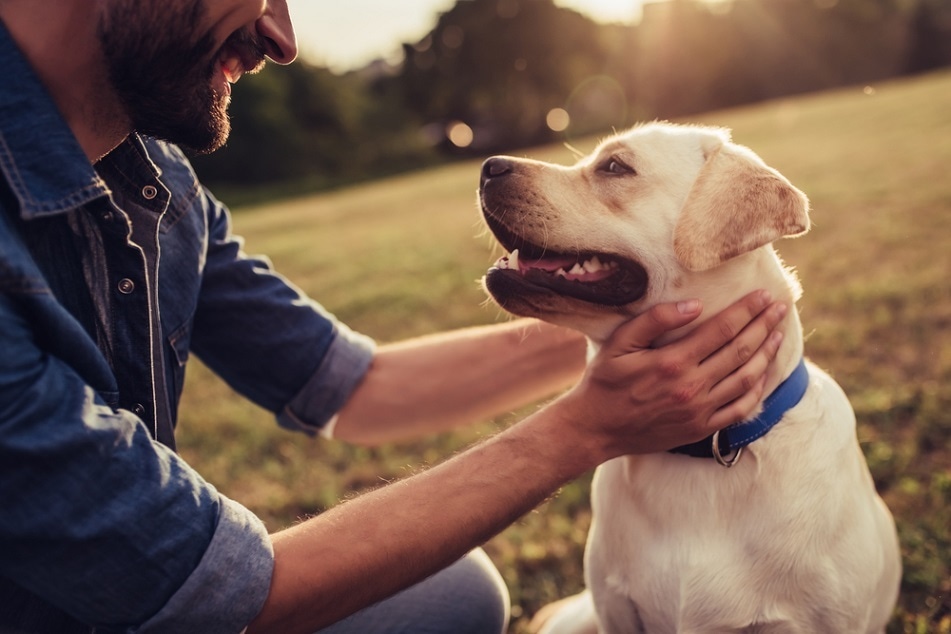A surprising new study shows that the difference in genetic blueprint explains more than 50% of the variation between those who choose to own dogs and those who don’t.

Shutterstock | 4 PM production
While dogs, being the earliest domesticated animals, are thought to have been part of the human household for 15,000 years, not all humans own them. The reason for this difference is explained to a very large extent by heritable factors, namely, the DNA make-up of the individual.
The current Swedish-British study exploited the largest data registry on twins in the world, viz., the Swedish Twin Registry, to tease out the differing influences of environment and genetics on dog ownership. Twin studies are particularly suited for this type of research, since identical twins have exactly the same DNA while non-identical twins share about half their genetic make-up.
In this study, the researchers looked at over 35,000 pairs of twins. They first examined the concordance of dog ownership between the two members of each twin pair, and then classified this based on whether the twins were identical or not.
They found that identical twins display much higher rates of agreement in the area of dog ownership compared to non-identical twins. This led them to conclude that the human behavior of choosing to own a dog is largely dictated by one’s genes.
Lead author Tove Fall says the study findings could help understand many facets of how and why dogs and humans have had such a long history of association.
Although dogs and other pets are common household members across the globe, little is known how they impact our daily life and health. Perhaps some people have a higher innate propensity to care for a pet than others,”
Tove Fall, Lead Author.
Many older studies have reported on the benefits of having a dog, such as an improved sense of well-being and better health. With the current research, the reasons for such benefits appear, in part at least, to depend on the genetics of the individual, as co-author Carl Westgarth points out.
The question as to which genes are related to dog ownership is now open, and will be the focus of future studies. In addition, researchers will try to work out how these genes are linked to other personality traits, and to factors that also determine the choice of owning a dog, like allergy.
These kind of twin studies demonstrate for the first time that genetics and environment play about equal roles in determining dog ownership. The next obvious step is to try to identify which genetic variants affect this choice and how they relate to personality traits and other factors such as allergy.”
Patrik Magnusson, Senior Author.
Other scientists working in the field of human and animal interaction are also excited about using genetic information to explore the reasons behind this ancient human choice to domesticate and own pet dogs, and the further research avenues it opens up.
Co-author Keith Dobney comments: “The study has major implications for understanding the deep and enigmatic history of dog domestication. Decades of archaeological research have helped us construct a better picture of where and when dogs entered into the human world, but modern and ancient genetic data are now allowing us to directly explore why and how?"
This research was published in Scientific Reports on May 17, 2019.